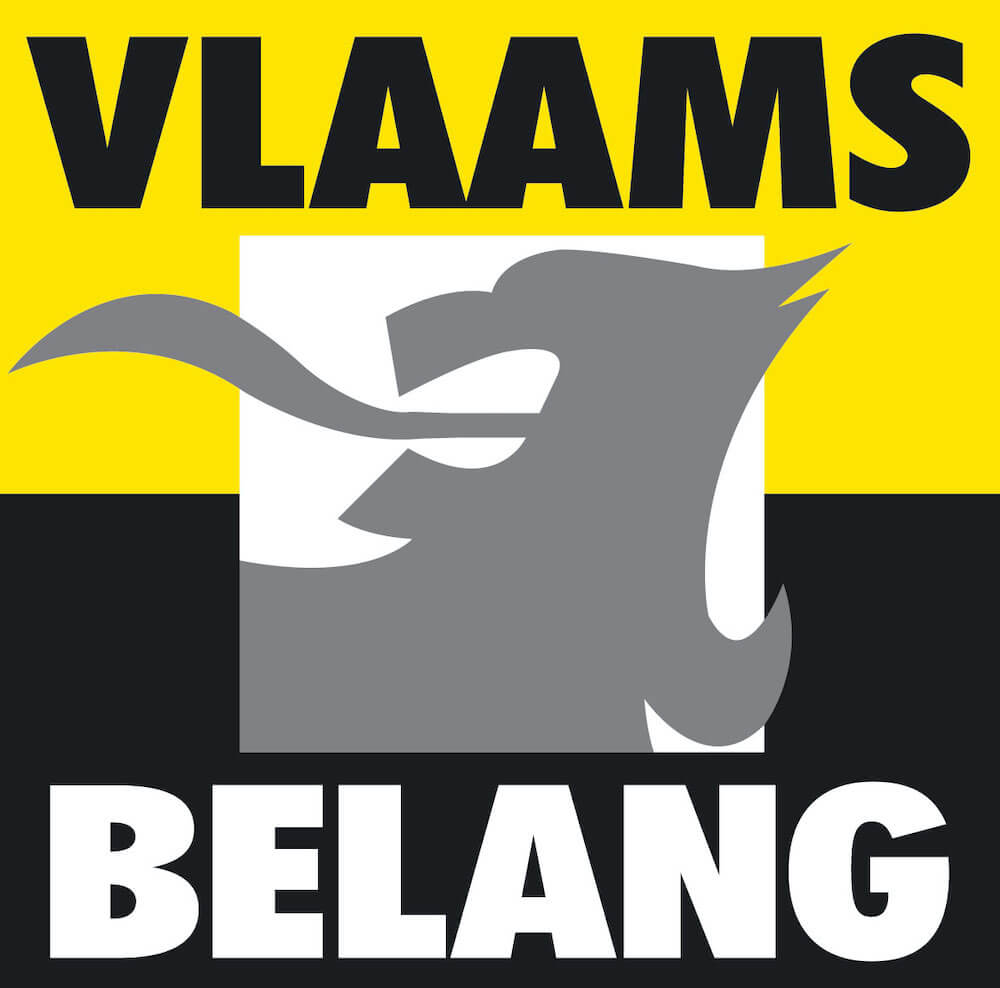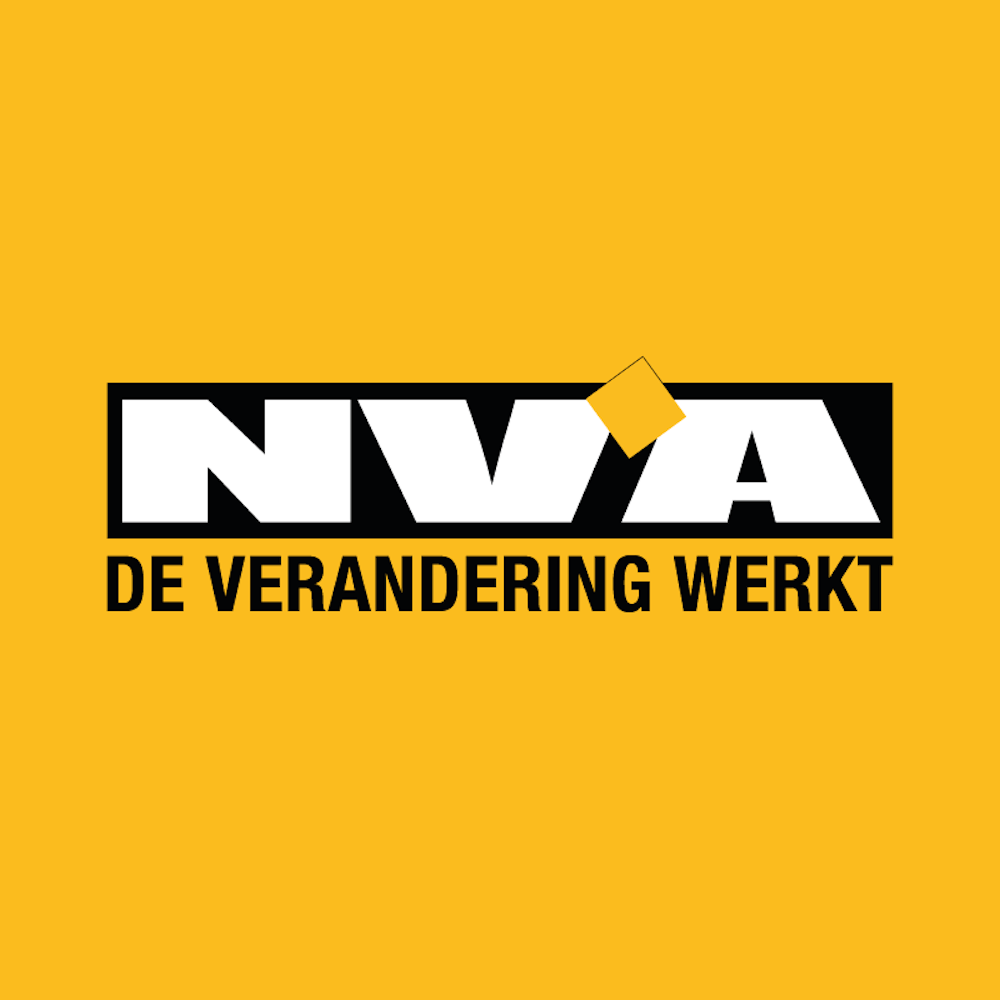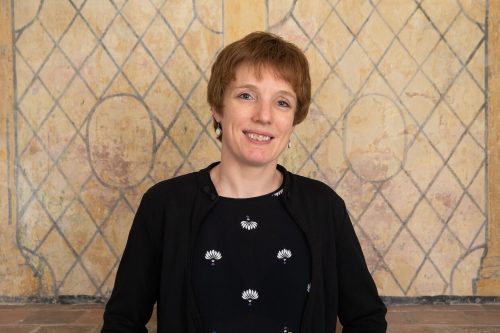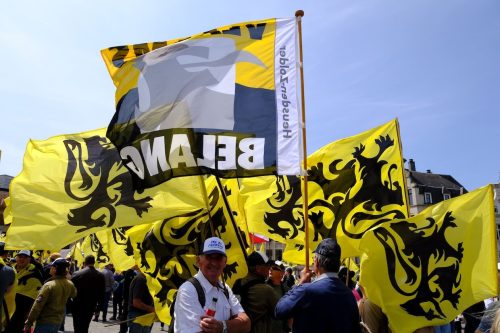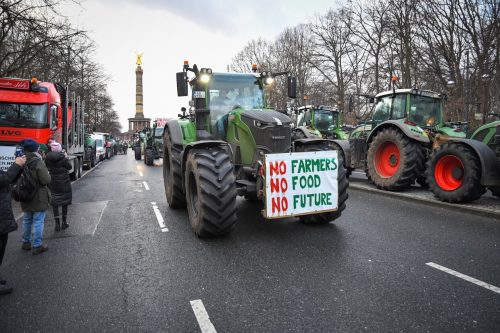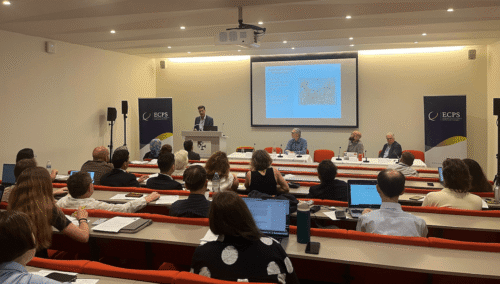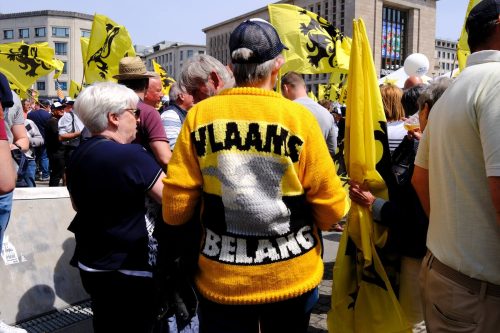Belgium
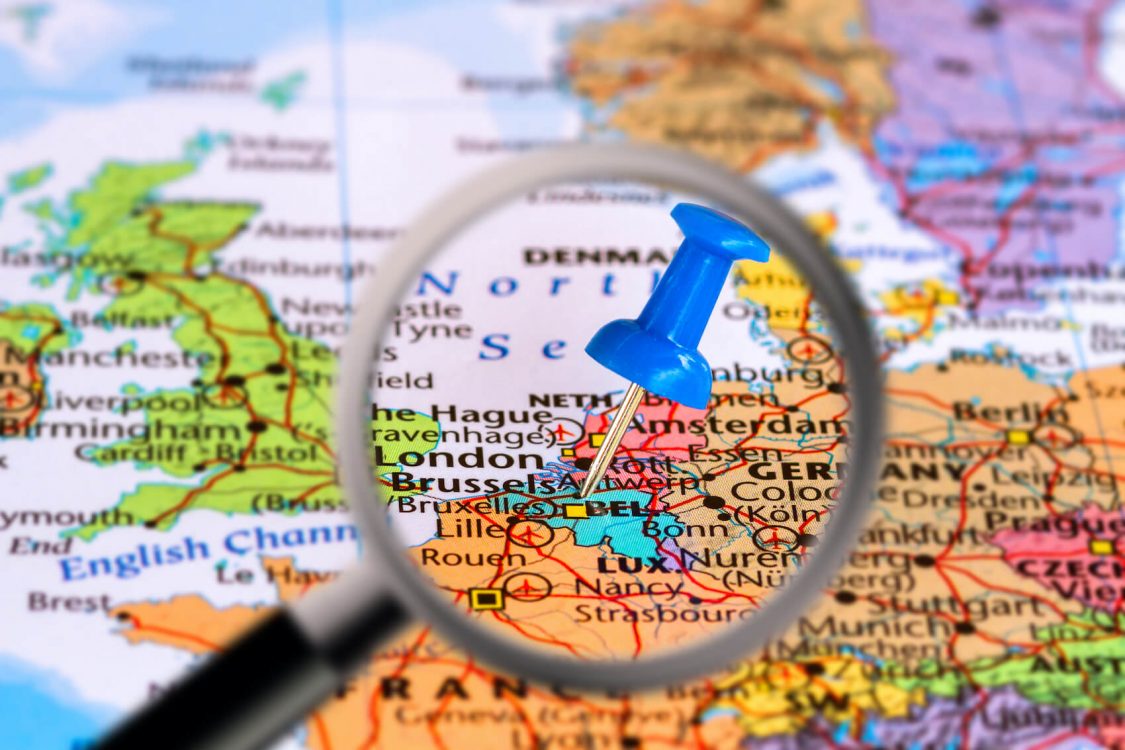
While the northern part of the country, the Flemish Region, has become home to one of the strongest far-right movements in Europe, the French-speaking region of southern Belgium has so far been immune. Although populist parties have long been a feature of Belgian politics, they have so far been unable to erode trust in traditional institutions and authorities in the country.
Located in Western Europe, Belgium, officially the Kingdom of Belgium, is a sovereign state and federal constitutional monarchy comprising three territorial regions—Flanders, Wallonia and Brussels. Belgium is unique in the study of populism due to the clear regional division in the radicalization of right-wing nationalist parties. While the northern part of the country, the Flemish Region, has become home to one of the strongest far-right movements in Europe, the French-speaking region of southern Belgium has so far been immune. Although populist parties have long been a feature of Belgian politics, they have so far been unable to erode trust in traditional institutions and authorities in the country (de Jonge, 2020).
Of the six Flemish parties in the parliament, at least two—Vlaams Belang (Flemish Interest, VB) and Nieuw-Vlaamse Alliantie (New Flemish Alliance, N-VA)—harbor some of the most widely agreed features of populism—namely, the antithetical depiction of “the people” versus “the corrupt elite,” a focus on maintaining cultural identity, and opposition to multiculturalism. On the other hand, however, none of the French-speaking, German-speaking and national (bilingual) parties have advanced any radical right-wing populist agendas. According to Jonge (2020), this discrepancy between Flanders and the rest of the country is the result of two major factors: 1) different historical experiences and 2) the failure of the mainstream parties and the media to create an effective “cordon sanitaire” against the far right in the north.
Vlaams Belang is one of the most noteworthy populist parties not only in Belgium but also in Europe. Originally founded under the name of Vlaams Blok in 1978, it was renamed the Vlaams Belang after it was condemned for racism in a trial in 2004 (Erk, 2005). However, this name change did not herald any shift in the party’s main ideological and political strategies. Today, it stands out as a staunch representative of Flemish nationalism and anti-immigration, which the party claims will result in the Muslim takeover of Europe and the Islamization of Flemish society (Bridge Initiative Team, 2020).
The VB party program advocates “combating and denying” those who are intolerant of and incompatible with the values embraced by the Flemish culture as well as certain European values. One of the party’s executive leaders, Filip Dewinter, once revealed his party’s standpoint towards Islam when he said Muslim women who insist on wearing hijab in public have “effectively signed their contract for deportation” (Juergensmeyer et al., 2019). In addition to its radical position against Islam and immigrants from Muslim-dominated countries, the party also employs a conservative, restrictive stance regarding other major social issues, such as same-sex marriage, abortion, and drug use.
Perhaps unsurprisingly, the VB employs an anti-establishment discourse and polarising politics that casts “true people” as hard-working victims of a state run by elites and their interests. Indeed, according to the party chairman’s Tom Van Grieken, the VB has become quite successful in a relatively short period because: “We talked about people—our people— and they have to come first” (Cerulus, 2019). To this end, Grieken defines himself as a patriot (Demorgen, 2017),which, he contends, is a prerequisite to defend the “true people” of the country, somewhat like a mother protects her children: “This may sound corny, but I love nationalism. In a way, [it’s like] how a mother loves and protects her child. That doesn’t mean you hate other people’s kids. A state must first take care of its citizens and then see what else is possible. We need to think of our people first, and then we can look further” (Grieken Facebook Page, 2019).
The VB made its first serious debut in the 1991 Belgian general election after securing some 6.6 percent of the vote and twelve seats in the parliament. In the next five elections, including the one in 2010, the party managed to maintain its voter base, with its share of total votes ranging between 8 and 12 percent. After an electoral collapse in the 2014 election, in which the VB received only 3.6 percent and three seats, the party made another comeback in the 2019 federal election, taking nearly 12 percent of the vote and 18 seats. In addition to the party’s steady electoral success, the VB and its leader are very popular on social media, with followers exceeding 600,000 on Facebook and 59,000 on Instagram (Allen, 2021).
Another populist party worth mentioning in Belgium is Bart De Wever’s New Flemish Alliance (N-VA). Founded in 2001 by the right-leaning faction of the People’s Union (VU), the N-VA is the largest of the Flemish parties in the Federal Parliament, with 25 seats. It polls around 25 percent. Although the party was initially established as a centre-right catch-all style party on a platform of advancing Flemish autonomy, it has gradually evolved into a more conservative pattern. While the N-VA executives are in favor of free-market economics, they are increasingly becoming Eurosceptical (Leruth, 2014). perhaps unsurprisingly,The party’s increasing Euroscepticism, has gone hand in hand with an anti-immigration stance, which has accelerated in the wake of the 2015 refugee crisis. In late 2018, the N-VA party quit the government after then-Prime Minister Charles Michel—now president of the European Concil—supported a UN-sponsored migration pact. The N-VA argued that the accord would undermine Belgium’s tough stance against “illegal” migrants and open the door for another refugee wave (Financial Times, 2018). Today, the N-VA remains perhaps the staunchest critic of the EU’s stance on illegal immigration and opts to design its political agenda based on immigration issues. However, when it comes to several other major social issues—such as same-sex marriage, abortion, and the environment—the party employs a liberal position.
In terms of civil liberties, Belgium is a free country. Belgian people benefit from a vibrant democratic system with regular and competitive multiparty elections, and the country enjoys a strong record of civil liberties and political rights (Freedom House, 2019). In a surprise to no one, with its independent media and strong civil society actors, the country often dominates the ranks of the world’s best-performing democracies. It scores highly in many categories such as personal freedom, same-sex relationships and religious liberties. Indeed, Belgium today is one of the most culturally liberal and LGBT-friendly countries in the world. Same-sex couples have had access to full adoption rights for decades. Similarly, the country often leads international rankings in civil liberties and political rights.
In addition to these positive trends, the country (except the Flemish Region) has so far been immune to the recent populist rise in Europe. Populist parties in the southern French-speaking region have failed to secure a considerable support to date. For instance, the People’s Party (Parti populaire) established in 2009, found no success in the three federal elections it participated in and dissolved itself in 2019.
Nevertheless, warning signs remain. The existing populist parties have unlocked a viable space in Belgian politics. Yet, positively, at the national level the far right has been unable to date to erode trust in traditional institutions and authority in Belgium.
April 29, 2021
References
— (2017). “Zet dat maar in de kop: Van Grieken heeft gelijk.” Demorgen. April 28, 2017. https://www.demorgen.be/nieuws/zet-dat-maar-in-de-kop-tom-van-grieken-heeft-gelijk~b3396e26/ (accessed on April 27, 2021).
— (2018). “Flemish nationalists quit Belgian government.” Financial Times. December 8, 2018. https://www.ft.com/content/b864e2ee-fb49-11e8-aebf-99e208d3e521 (accessed on April 27, 2021).
— (2019). “Nationalisme is liefde!” Tom Van Grieken Facebook Page. December 23, 2019. https://www.facebook.com/tomvangrieken/videos/716857995509296/?v=716857995509296 (accessed on April 27, 2021).
— (2020). “Facsheet: Vlaams Belang (Flemish Interest).” Bridge Iniative Team. June 2, 2020. https://bridge.georgetown.edu/research/factsheet-vlaams-belang-flemish-interest/ (accessed on April 27, 2021).
— (2020). “Freedom in the World 2020 Narrative Report for Belgium.” Freedom House. https://freedomhouse.org/country/belgium/freedom-world/2020 (accessed on April 27, 2021).
Allen, Josh. (2021). “How Belgium’s Vlaams Belang Leads the Way in Digital Politics.” Populism in Action Project. March 30, 2021. https://more.bham.ac.uk/populism-in-action/category/belgium/ (accessed on April 27, 2021).
Cerulus, Laurens. (2019). “Inside the far right’s Flemish victory.” Politico. May 27, 2019. https://www.politico.eu/article/inside-the-far-rights-flemish-victory/ (accessed on April 27, 2021).
De Jonge, Léonie. (2020). „The Curious Case of Belgium: Why is There no Right-Wing Populism in Wallonia?“ Government and Opposition. May 19, 2020: 1-17
Erk, Jan. (2005). “From Vlaams Blok to Vlaams Belang: The Belgian Far-Right Renames Itself.” West European Politics. May 2005. 28/3:493-502
Juergensmeyer, Mark; Sassen, Saskia; Steger, Manfred B.; and Faessel, Victor. (2019). The Oxford Handbook of Global Studies. Oxford University Press.
Leruth, Benjamin. (2014). “The New Flemish Alliance’s decision to join the ECR group says more about Belgian politics than it does about their attitude toward the EU.” London School of Economics and Political Science. June 23, 2014. https://blogs.lse.ac.uk/europpblog/2014/06/23/the-new-flemish-alliances-decision-to-join-the-ecr-group-says-more-about-belgian-politics-than-it-does-about-their-attitude-toward-the-eu/ (accessed on April 27, 2021).


